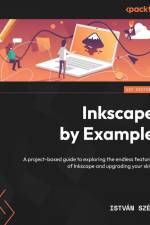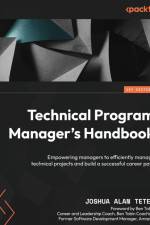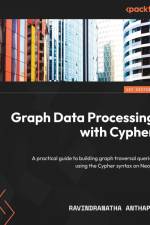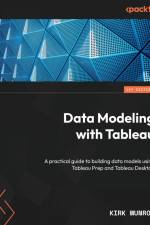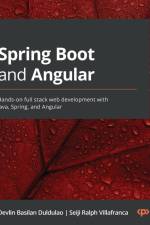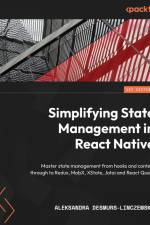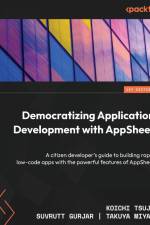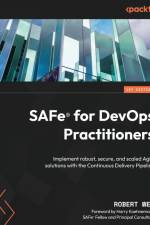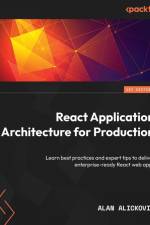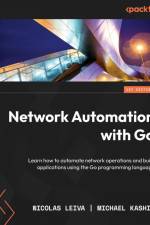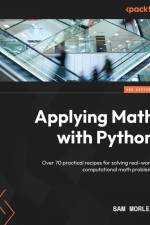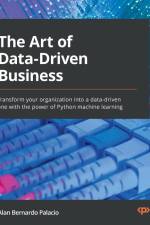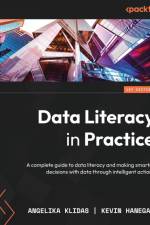av Dwayne Natwick
999
Advance your knowledge of architecting and evaluating cybersecurity services to tackle day-to-day challengesKey Features:Gain a deep understanding of all topics covered in the SC-100 examBenefit from practical examples that will help you put your new knowledge to workDesign a zero-trust architecture and strategies for data, applications, access management, identity, and infrastructureBook Description:Microsoft Cybersecurity Architect Exam Ref SC-100 is a comprehensive guide that will help cybersecurity professionals design and evaluate the cybersecurity architecture of Microsoft cloud services. Complete with hands-on tutorials, projects, and self-assessment questions, you'll have everything you need to pass the SC-100 exam.This book will take you through designing a strategy for a cybersecurity architecture and evaluating the governance, risk, and compliance (GRC) of the architecture. This will include cloud-only and hybrid infrastructures, where you'll learn how to protect using the principles of zero trust, along with evaluating security operations and the overall security posture. To make sure that you are able to take the SC-100 exam with confidence, the last chapter of this book will let you test your knowledge with a mock exam and practice questions.By the end of this book, you'll have the knowledge you need to plan, design, and evaluate cybersecurity for Microsoft cloud and hybrid infrastructures, and pass the SC-100 exam with flying colors.What You Will Learn:Design a zero-trust strategy and architectureEvaluate GRC technical strategies and security operations strategiesDesign security for infrastructureDevelop a strategy for data and applicationsUnderstand everything you need to pass the SC-100 exam with easeUse mock exams and sample questions to prepare for the structure of the examWho this book is for:This book is for a wide variety of cybersecurity professionals - from security engineers and cybersecurity architects to Microsoft 365 administrators, user and identity administrators, infrastructure administrators, cloud security engineers, and other IT professionals preparing to take the SC-100 exam. It's also a good resource for those designing cybersecurity architecture without preparing for the exam. To get started, you'll need a solid understanding of the fundamental services within Microsoft 365, and Azure, along with knowledge of security, compliance, and identity capabilities in Microsoft and hybrid architectures.



